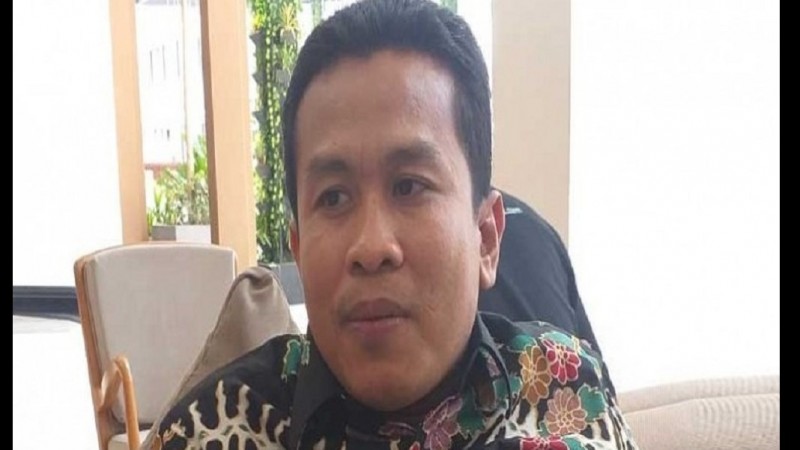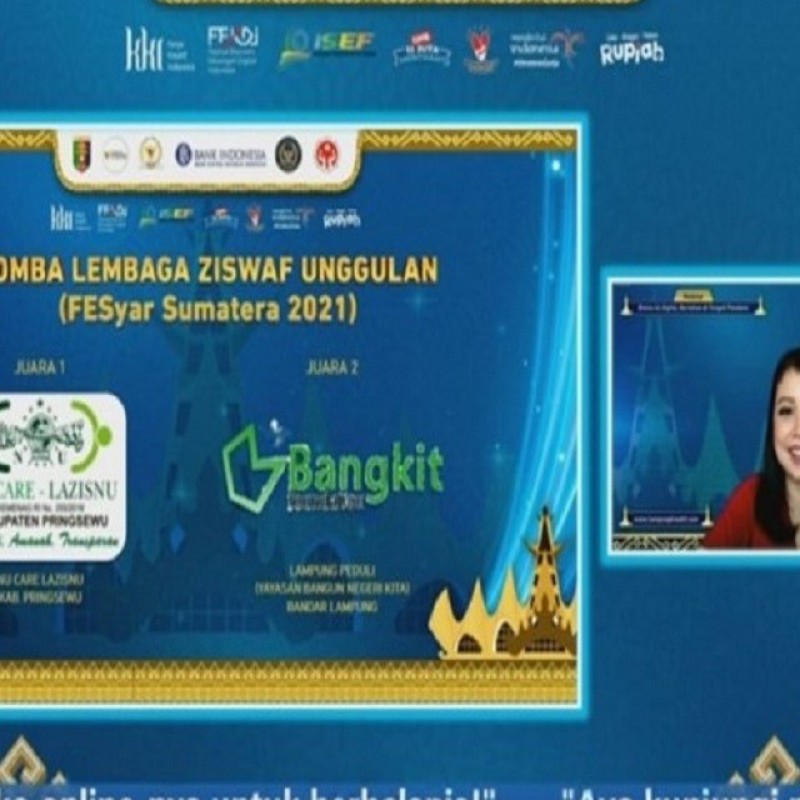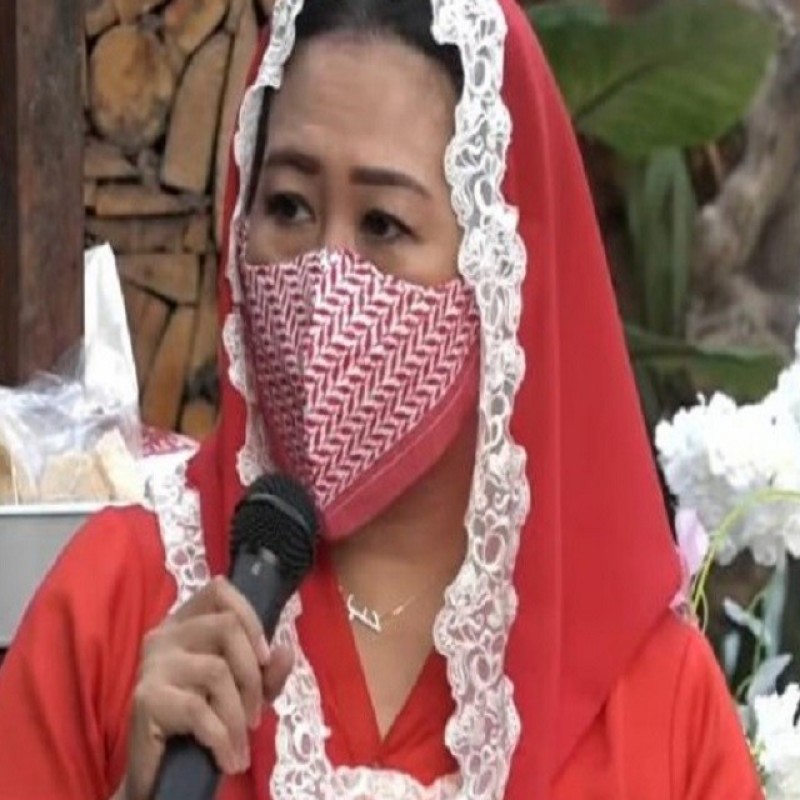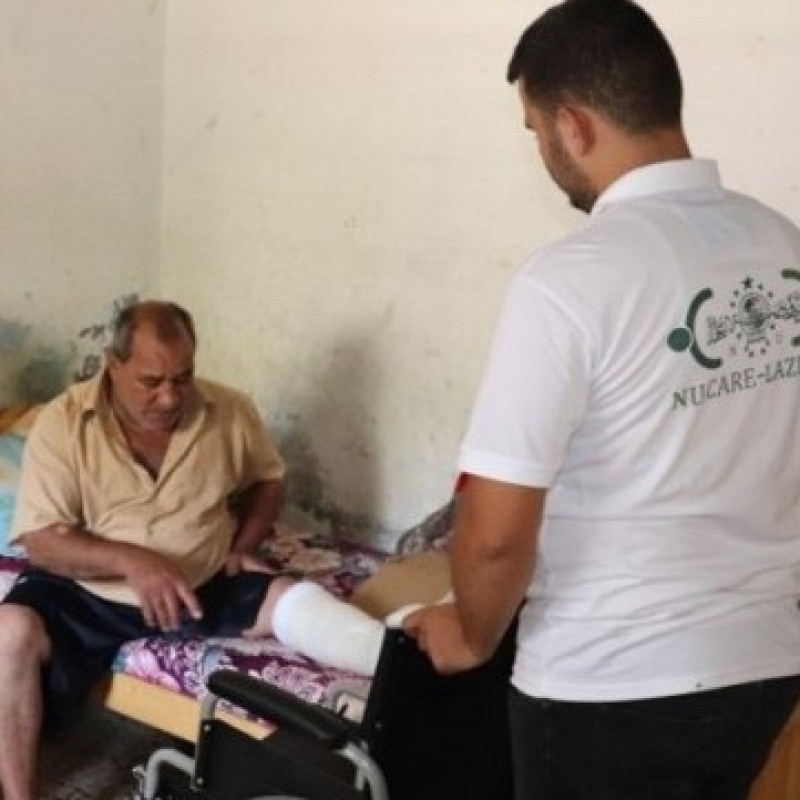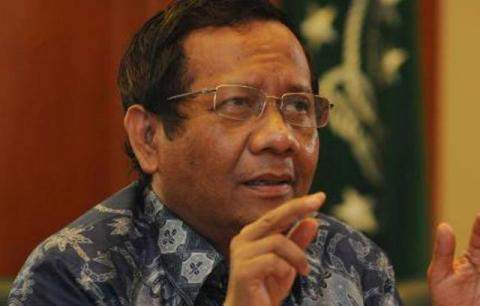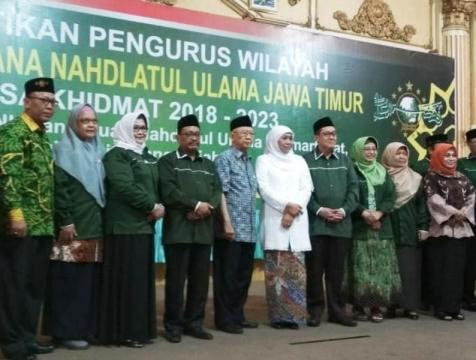ISNU: Govt must return development direction in accordance with Pancasila
Jumat, 1 Oktober 2021 | 09:05 WIB
Jakarta, NU Online
General Secretary of the Central Board of the Nahdlatul Ulama Scholars Association (ISNU) M. Kholid Syeirazi explicitly said that the government must take responsibility for restoring the direction of development in accordance with the spirit of the constitution which is translated from the ideology of Pancasila.
"The translation of Pancasila, social justice is translated into several articles in the 1945 Constitution," Kholid Syeirazi told NU Online via telephone, on Friday (1/10/2021) coinciding with the Commemoration of the Pancasila Sanctity Day.
He mentioned several articles in the 1945 Constitution which became the basis for the government to serve as the direction of state development. Among them are Article 27 paragraph 2 which states that every Indonesian citizen has the right to work and a decent living for humanity.
Then article 33 paragraph 3 which emphasizes that production branches which are important for the state and affect the livelihood of the people are controlled by the state. Likewise, the earth and water and the natural resources contained therein are controlled by the state and used for the greatest prosperity and welfare of the people.
Then there is also article 34 paragraph 1 that the poor and neglected children are cared for by the state. While paragraph 2 states, the state develops a social security system for all the people and empowers the weak and underprivileged in accordance with human dignity.
"In essence, the Indonesian state is not a minimal one that only intervenes in situations where the community is powerless or in the event of state failure, but the state was designed from the start as an active actor in development," Kholid explained.
He then highlighted the issuance of the Job Creation Law which had received quite strong criticism from the the Central Board of Nahdlatul Ulama (PBNU). This form of criticism is considered a corrective effort to restore Pancasila in accordance with the spirit of its constitution which aspires to Indonesia as a welfare state.
“Welfare state is typical of Indonesia, not like the welfare state in Europe when the country allows the market mechanism to work and then reallocates it by collecting taxes. The tax is then redistributed to the public," the Doctor of Public Policy from the Faculty of Administrative Sciences, University of Indonesia (UI) said.
The welfare state in Europe is different from the Pancasila concept which places cooperatives as the pillars of the citizens' economy. However, cooperatives in Indonesia are still very weak. Meanwhile, the Job Creation Law only provides easy access for the establishment of many companies and corporations.
"That's okay, but cooperatives as a reflection or manifestation of the collaboration economy and mutual cooperation must also be given an important portion in the concept of national economic exploitation," Kholid said.
In addition, he emphasized that the government must be responsible for social welfare and the provision of manpower. However, the government cannot do it alone so it must be supported by the private sectors.
“But the problem is that over time it will be in accordance with the ideology of neo-liberalism, much of the state's responsibility will be transferred to the private sectors. Over time, everything will be like that so that the basic character of the welfare state will be eroded," the man who had studied at the UI Political Science postgraduate program explained.
He considered that the country's economy had now been transferred to the private sectors and carried away by the currents of neo-liberalism ideology. Likewise, education has led to liberalization. The food, energy, and mining sectors have also begun to be slowly transferred to the private sectors.
“The problem is, these private sectors in the economic mechanism are really needed, but if everything is all market, what will happen is oligarchy. Now Indonesia is increasingly leading to the domination of a few people or oligarchy," Kholid said.
"So, the characteristic of the market mechanism is that the stronger the stronger, the stronger the winner, the narrower to a few people, so that the losers become poorers, the poor are getting lower in poverty for their children and grandchildren," the writer of Di Bawah Bendera Asing: Liberalisasi Industri Migas di Indonesia (Under a Foreign Flag: Liberalization. The Oil and Gas Industry in Indonesia).
Reporter: Aru Lego Triono
Editor: Sudarto Murtaufiq


